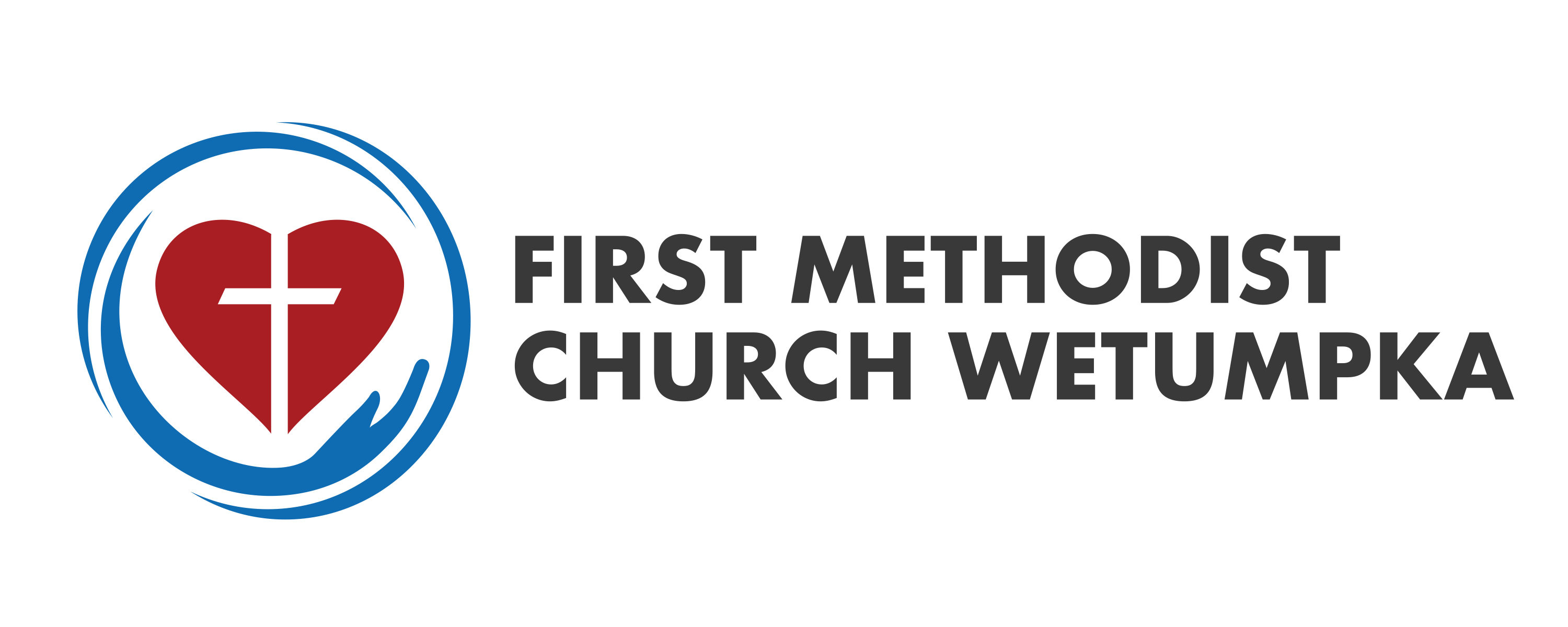I’ve been praying and pouring over scripture for a bit now, asking God to give me His wisdom and guidance on something to say about social justice, because I know how important it is to Him (as the Bible has A LOT to say about the subject as a result).
Last night while listening in prayer, God flooded my mind with songs and Scripture. The first wave’s order was “Control” by for King & Country, “Backseat Driver” by TobyMac, and John 14:27, which are all about surrendering our will and viewpoint to God’s and trusting in His good, loving, and perfect character to guide us to act for the best outcome in a situation (resulting in a peace the world can’t offer). After that God brought Amos 5:23-24 to my mind, which is about God wanting to see His justice poured out like a river and links being an active participant to doing the will of God (righteousness). Next He brought to my mind Micah 6:8 and Isaiah 1:17, which both lay out clear, practical ways God specifically wants His justice (paired with seeking His will and showing others His mercy) to look like in this world.

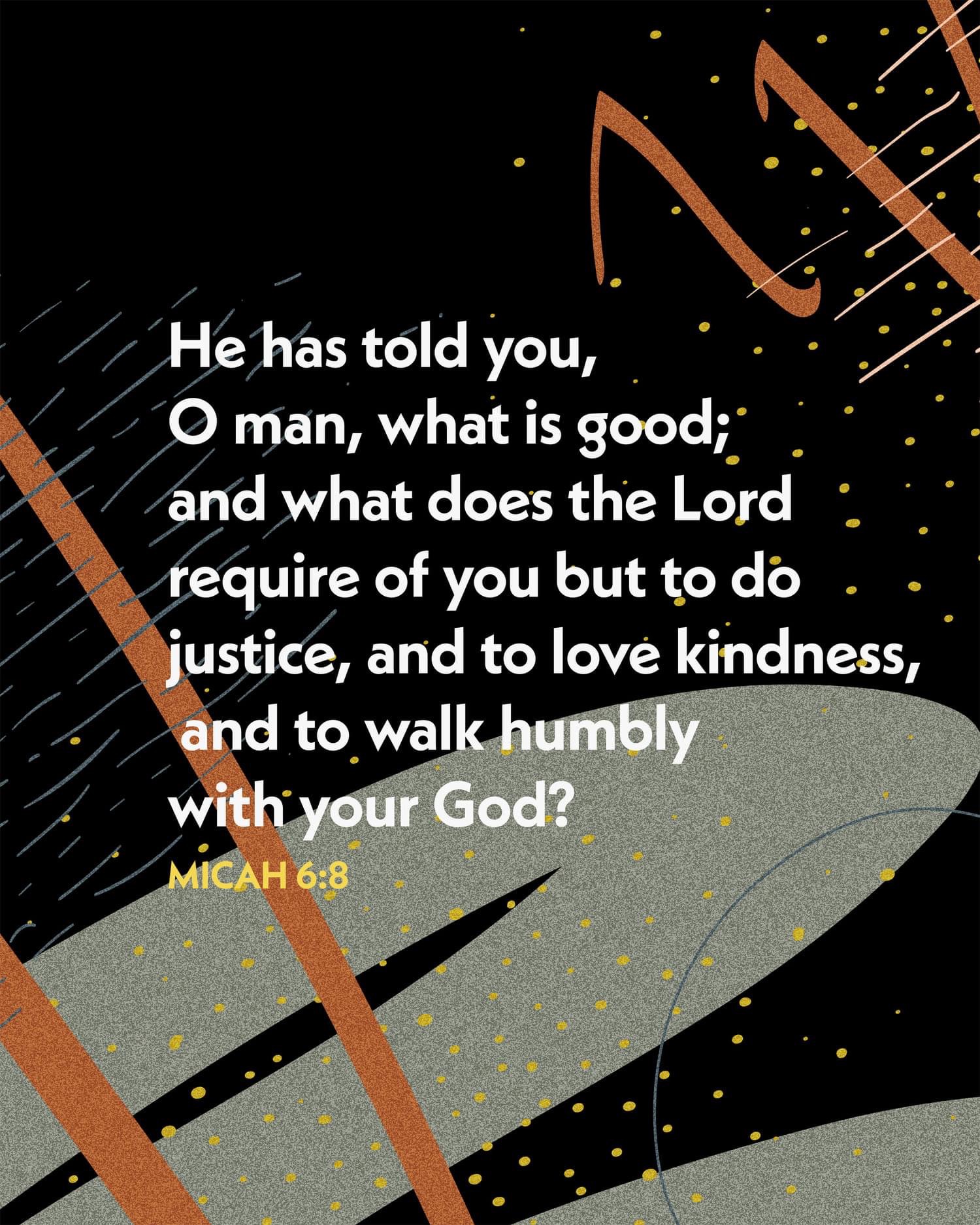
After praying and listening more, God reminded me His ideas of justice and righteousness lead to true peace (which is a result of His end goal: restoration), but we have to trust and refocus our hearts and minds to match His intention and purpose for justice for that to happen in our society.
While trying to summarize the differences between our American culture views of justice and how people in the Bible thought of justice, including Jesus, I ran across a book by Jessica Nicholas called God Loves Justice: A User-Friendly Guide to Biblical Justice and Righteousness. She sums it up in a few great quotes:
“Western views of justice are primarily focused on how things should be done—laws, rules, and what should happen when laws are broken. In Hebrew thought, justice is focused on what life should be like. Justice in the Hebrew world was concerned not just with laws, but with enhancing all human life, especially the social world”
“’Doing justice’ meant not only ‘not doing wrong,’ but also actively doing right and restoring what is broken.”
“God’s justice is higher than merely punishing someone who has committed an injustice—He desires to restore everything that was lost.”
“God’s personal, passionate concern for justice and righteousness was the starting place for His people to build them into every part of their culture. The place we should all live from is ‘justice and righteousness.’ Everything we do, from the way we raise our families to the way we run our businesses to our own relationships with the vulnerable, should reflect ‘justice and righteousness.’”
“Justice and righteousness” was never meant to be the work of only one person, or one part of society. It should be the foundation of how everyone stewards their lives, as well as an integral, normal part of all of society. Every aspect of this world needs God’s “justice and righteousness.”
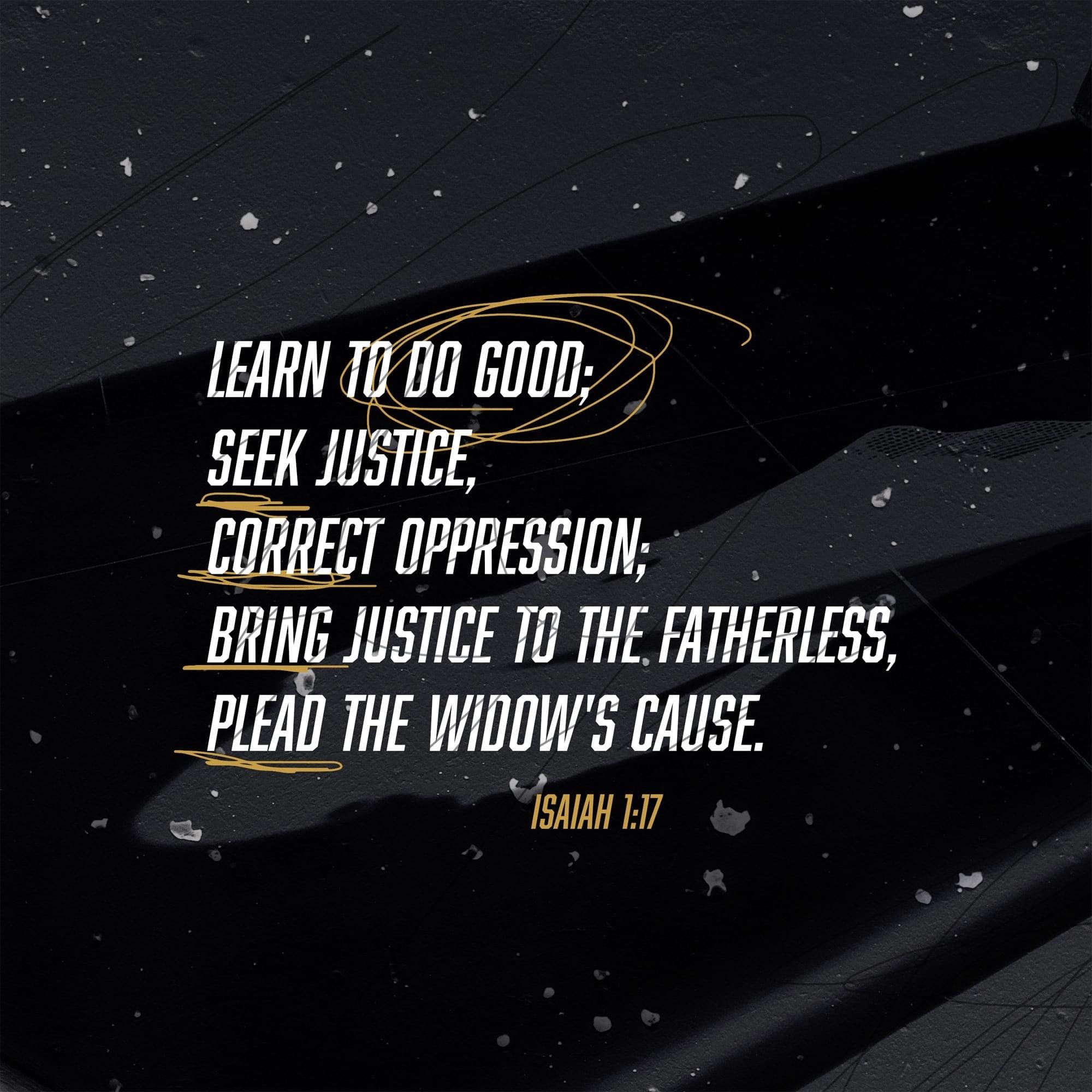
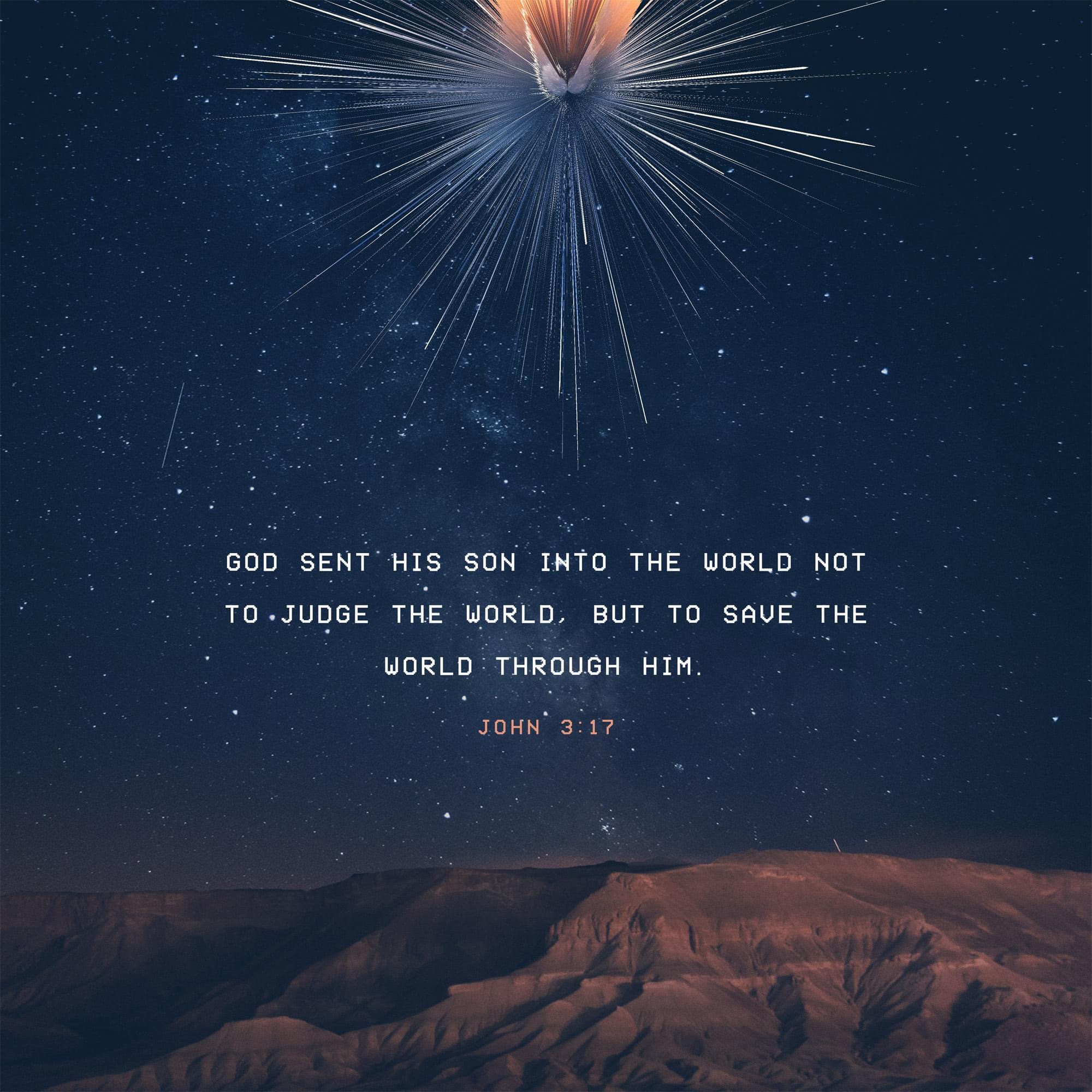
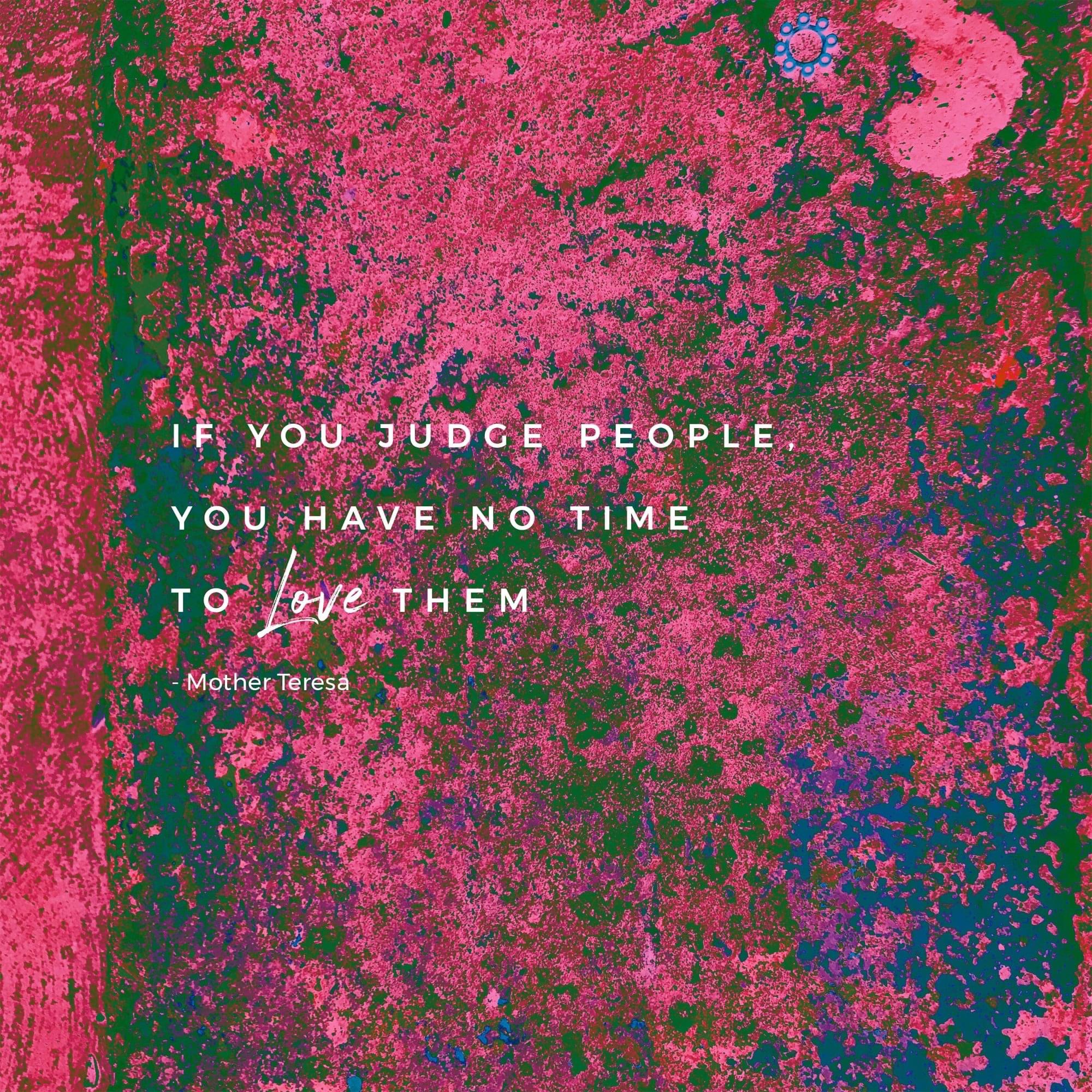
How amazing is God’s goal for justice and righteousness paired together?! Doesn’t it, the end goal of restoration, make sense with what else we know of His character, though? The whole point of Jesus coming to earth and becoming human, teaching the disciples and so many others, and then dying for our sins was not to condemn the world (though, out of love, He never shied away from the truth or denied it to help people come back in to the life God intended for them) but to save it through His sacrifice (John 3:16-17). His teaching and sacrifice was the only way to restore the relationship that humankind broke in the garden of Eden by rebelling against His guidance for how to live the best life possible (Genesis 3, John 10:10). If He had just focused on punishing us, we’d all be in HUGE trouble, because all have sinned and fallen short of God’s standard (Romans 3:23). Doesn’t it make sense He calls us to treat others the same way He did, if we are called to live in to His likeness?
If we call ourselves Christians, how should God’s view of justice and restoration making life better for everyone change how we see, treat, and speak to others? How would God’s view change our American, punishment centered view of justice if our end goal was both the offender’s and society’s restoration? What would it look like if we, and our society as a whole, took more proactive measures to identify and address issues that can steer people into a place where they feel forced to make decisions that need more severe correction and hurt themselves and the community as a whole?
Mother Teresa had some similar thoughts for us to pour over as we examine our hearts in light of His:
“We do not need guns and bombs to bring peace, we need love and compassion.”
“If we have no peace, it is because we have forgotten that we belong to each other.”
“Not all of us can do great things. But we can do small things with great love.”
“If you judge people, you have no time to love them.”
”I want you to be concerned about your next-door neighbor. Do you know your next-door neighbor?”
She does such a great job of contrasting the proactive, preventative, restoration focused, everyone helps model of God’s justice and righteousness against our country’s mindset of largely reactive, delegated to a few, rule following and punishment focused system currently in place.
While I acknowledge this is a long and ongoing conversation, as Christians the Bible says we can’t remain silent or pretend that participating in the restoration of every single one of His masterpieces is not at the core of God’s heart, because it definitely is! I am continually trying to soak in God’s word, see all others as He sees, ask for His guidance and leading when interacting with people, and take advantage of all the resources I can (video interviews, books, podcasts, etc) to listen and understand struggles, concerns, and viewpoints I may not have experienced and should be aware of to care for them more like God does. If you have any any good resources you’ve found helpful, please pass them along to me!
What can we all do starting right now to be a better neighbor, though? A great practical first step is this: instead of seeing a situation and calling the police or 911 by default no matter what it is, take time to assess through prayer, observation, and other resources at your disposal what agency has the skillset, tools, and expertise to best help the person/people in the situation to work towards their personal and societal restoration. After that assessment, contact the best suited agency directly to inform them of the situation.
Taking the time and personal responsibility to do this shows you are concerned for the well being (mental and physical) of all involved, and want what is ultimately best for them and all they are in community with.
A big part of this is also learning and writing down the different agency numbers in your area to be prepared when something does happen!
